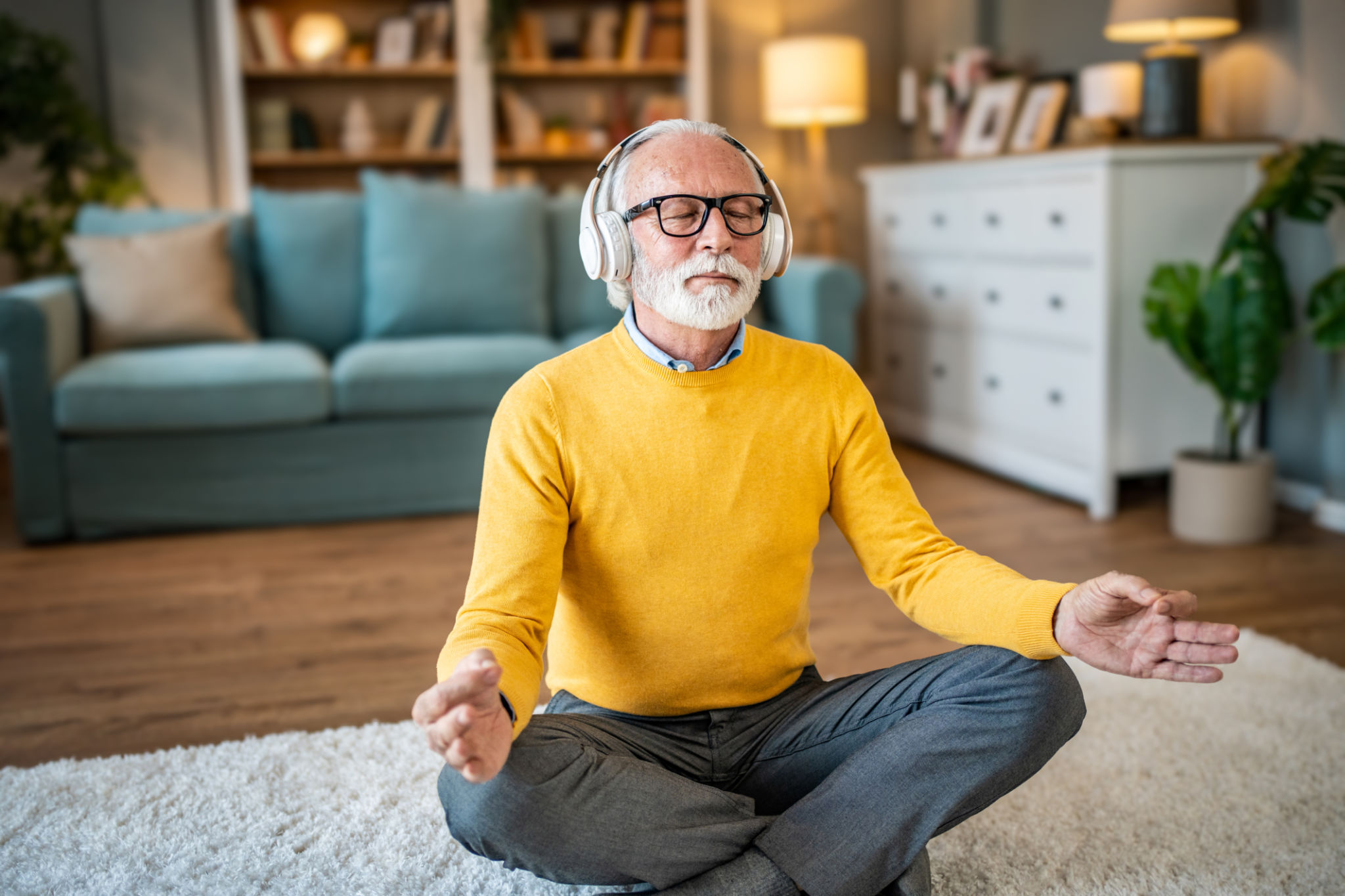The Role of Meditation in Holistic Healing: A Deep Dive
In recent years, holistic healing has gained substantial attention as individuals seek more comprehensive approaches to health and well-being. At the heart of this movement is meditation, a practice that promotes physical, mental, and emotional balance. This ancient technique is now being recognized for its potent role in holistic healing.
Meditation, in its essence, involves training the mind to achieve a state of deep peace and relaxation. It provides a refuge from the chaos of everyday life, offering a space where one can connect with their inner self. This connection is crucial in holistic healing, which emphasizes treating the person as a whole rather than focusing solely on symptoms.

The Science Behind Meditation
Scientific research supports the benefits of meditation in holistic healing. Studies have shown that regular practice can lead to significant reductions in stress and anxiety. This happens because meditation encourages the production of serotonin and endorphins, chemicals that promote a sense of well-being.
Moreover, meditation has been linked to improved heart health and a stronger immune system. By reducing stress levels, meditation helps lower blood pressure and inflammation, two critical factors in maintaining cardiovascular health. Additionally, it enhances the body’s ability to fight off illnesses, which is integral to the holistic approach.

Emotional Balance Through Meditation
On an emotional level, meditation fosters a sense of calm and clarity. It helps individuals gain perspective on their emotions, enabling them to respond rather than react to life's challenges. This emotional resilience is a cornerstone of holistic healing, as it empowers people to navigate their lives with greater ease and grace.
Furthermore, meditation encourages self-awareness and acceptance. By cultivating mindfulness, practitioners learn to observe their thoughts without judgment. This practice can lead to profound insights and personal growth, making it a valuable tool in emotional healing.

Integrating Meditation into Daily Life
Incorporating meditation into daily routines can be a transformative experience. Here are some practical steps to get started:
- Start small: Begin with just five minutes a day and gradually increase the duration as you become more comfortable.
- Create a dedicated space: Find a quiet spot where you can meditate without distractions.
- Consistency is key: Try to meditate at the same time each day to build a habit.
As meditation becomes an integral part of your routine, its benefits will naturally extend into other areas of your life, enhancing overall well-being and supporting holistic healing.
The Role of Guided Meditation
For those new to the practice, guided meditation can be particularly helpful. These sessions provide structured guidance and often utilize visualization techniques or calming narratives to help deepen the meditative state. Many resources are available online, making it easy to find guided meditations that suit your needs and preferences.
Guided meditation can also be a useful tool for tackling specific issues such as insomnia or anxiety, offering targeted support within the broader framework of holistic healing.

Conclusion: Embracing Meditation for Holistic Health
The role of meditation in holistic healing is both profound and multifaceted. By integrating this practice into daily life, individuals can experience improvements in physical health, emotional balance, and overall well-being.
As we continue to explore the intricate connections between mind, body, and spirit, meditation stands out as a powerful ally in the pursuit of holistic health. Whether you're seeking stress relief or personal growth, embracing meditation can lead to a more harmonious and fulfilling life.